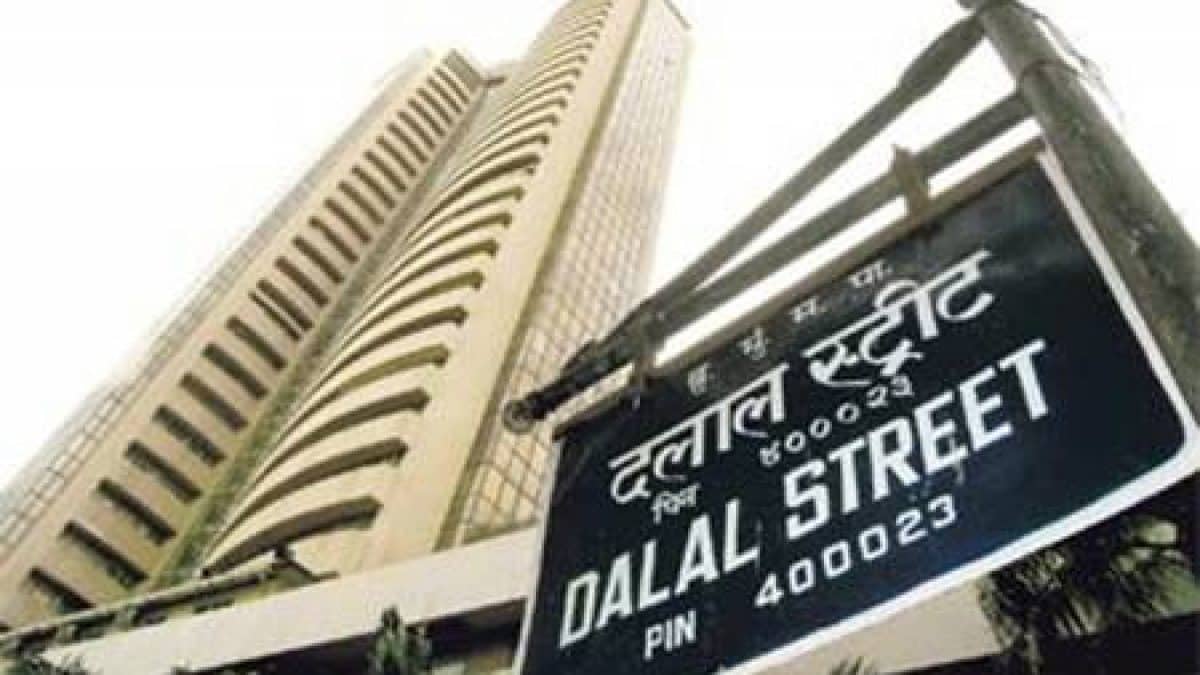Starting this Saturday, the top 100 listed companies by market capitalization must confirm or deny any market rumours reported in mainstream media. The rule will expand to include the top 250 companies from December 1.
Under the new Securities and Exchange Board of India (Sebi) rule, these companies must address any reported event or information within 24 hours if it is not general in nature and suggests rumours of an impending specific material event.
Sebi’s newly introduced rumour verification framework aims to prevent the leakage of information that could affect valuations during corporate actions, ensuring fair treatment for all investors.
“This move will discourage the leaking of information that could affect valuation during corporate actions. It will help strengthen the rumour verification framework, making the market fairer and more attractive to global investors,” said Makarand M Joshi, founder of MMJC and Associates, a corporate compliance firm.
The rule excludes price volatility when calculating average market price for corporate actions such as buybacks, qualified institutional placements, and takeovers. This means that price movements due to confirmed rumours will not be considered when calculating prices for these actions.
Market rumours about a company’s business can cause significant volatility in stock prices, often leading to transactions that don’t reflect the company’s true value. These rumours can be about anything from the departure of top management to financial health issues.
“Sebi’s framework addresses this issue by establishing a mechanism to determine the unaffected price—the stock price before the rumour surfaced. This price would be used for transactions unless the rumour itself caused price fluctuations in subsequent trading days,” said Trivesh, Chief Operating Officer of Tradejini.


